The Wild Robot: Investigating Life, Change, and Control Through Inferred Information
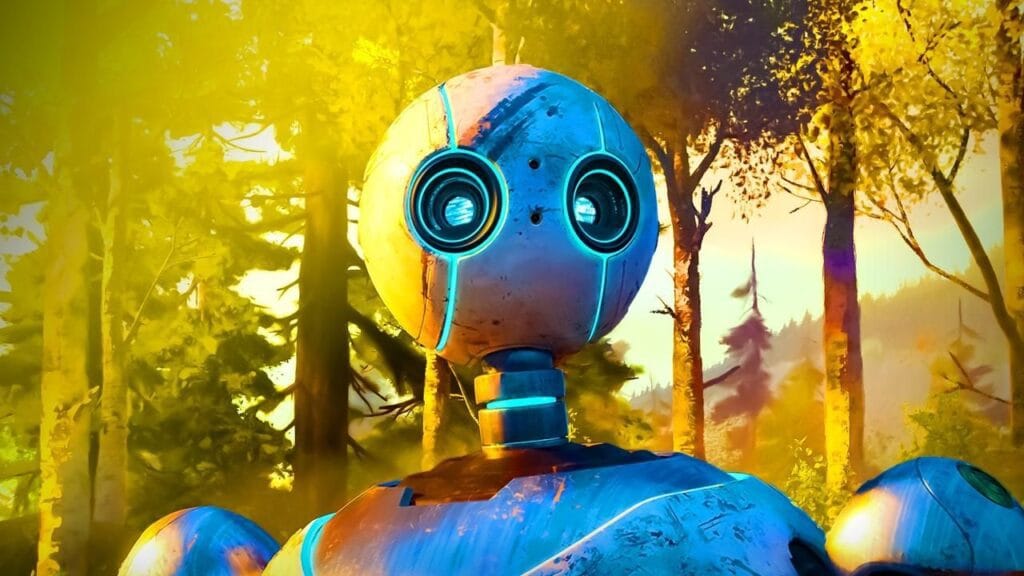
The Wild Robot, composed by Peter Brown, is a story rich with topics of variation, endurance, and concurrence. It investigates the excursion of Roz, a robot who winds up abandoned on a distant island and should figure out how to live among wild creatures. At its center, this account tends to major human (and non-human) encounters — life’s unconventionality, the requirement for variation, and the quiet information that shapes communications and endurance.
This article digs into the realistic focuses implanted in The Wild Robot, zeroing in on implicit information, ancestral insight, and control as communicated through the personality of Roz and her cooperatives with the regular world.
- The Role of Tacit Knowledge in Adaptation
One of the critical parts of The Wild Robot is Roz’s change from a modified machine into a being that flourishes in an unusual, regular habitat. Unsaid information — information acquired through experience as opposed to formal guidance — assumes a focal part in her transformation.
At the point when Roz first shows up on the island, she misses the mark on understanding expected to make due. She can’t speak with the creatures, construct sanctuary, or track down food. After some time, in any case, she notices her environmental factors and learns through experimentation.
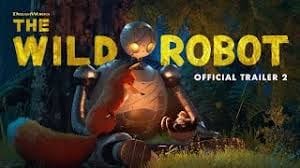
Perception and Learning: Roz concentrates on creature ways of behaving, for example, how birds assemble homes or how foxes chase, and applies these methods to tackle her own difficulties.
Reasonable Application: Her activities exhibit realistic methodologies — testing techniques, adjusting apparatuses, and gaining from disappointment — featuring how implied information frequently rises up out of direct experience instead of hypothetical information.
Local area Impact: Roz’s associations with creatures instruct her that endurance frequently relies upon connections and participation, not simply individual exertion.
This mirrors how people secure abilities, in actuality, — by doing, noticing, and cooperating as opposed to depending entirely on proper directions.
- Tribal Knowledge and Collective Wisdom
Ancestral information, frequently passed down casually inside a gathering, is one more basic subject investigated in The Wild Robot. The creatures on the island exemplify this idea, living by rules and frameworks went through ages.
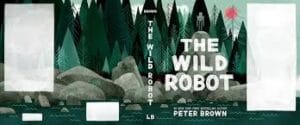
Social Designs: Every creature local area has its own traditions and ways of behaving, addressing implicit arrangements that oversee their connections. For example, the geese have relocation designs, and the beavers have development strategies for building dams.
Sharing Data: Roz continuously procures the creatures’ trust and starts to gain from their insight, acquiring bits of knowledge into weather conditions, food sources, and security rehearses.
Passing Down Information: When Roz takes on and raises a stranded gosling, she shows the youthful bird both regular impulses and mechanical thinking, mixing ancestral and counterfeit information frameworks.
This reflects human social orders, where social practices and implicit principles guarantee endurance and attachment. It features how networks flourish with shared intelligence and the passing down of encounters.
3.Control and Change in an Unpredictable World
Control and transformation are repeating subjects in The Wild Robot. Roz is intended to perform errands under modified control, yet her experience on the island drives her to go up against bedlam and figure out how to adjust.
Introductory Reliance on Programming: Roz starts with unbending, coherent programming, mirroring a modern way to deal with control and request. In any case, nature’s capriciousness challenges this structure, pushing her to work past her unique programming.
Relinquishing Control: Roz’s capacity to endure relies upon her eagerness to give up severe rationale and embrace adaptability. She acknowledges help, gains from errors, and adjusts her way to deal with fit her environmental factors.
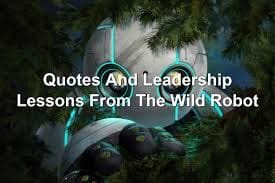
Balance Among Request and Tumult: While Roz applies structure in her activities, she additionally regards the island’s normal rhythms, showing how genuine control frequently requires flexibility as opposed to unbending nature.
This unique mirrors human encounters, where individuals offset structure with suddenness, perceiving that development frequently comes from unforeseen changes.
- Life Lessons Through Symbolism
The story likewise represents further insights about existence and connections. Roz’s process is a similitude for human battles in new conditions, whether physical, close to home, or social.
Endurance as Development: Roz’s capacity to change from a mechanical item into a humane parental figure represents how endurance isn’t just about actual perseverance yet additionally close to home and mental advancement.
Innovation versus Nature: The strain between Roz’s counterfeit beginning and the natural world mirrors current discussions about innovation’s job in the public eye. Will machines coincide with nature? Roz’s combination proposes that agreement is conceivable with understanding and regard.
Association: The creatures and Roz rely upon one another, supporting that collaboration and sympathy are imperative for endurance and development.
- Commonsense Lessons for Modern Life
At its heart, The Wild Robot offers conventional bits of knowledge that reverberate with perusers:
- Adaptation is Key: Whether confronting new conditions or surprising difficulties, learning through perception and experience prompts versatility.
2.Community Matters: Trust and collaboration frequently decide achievement, as found in Roz’s associations with the creatures.
3.Balance Control with Flexibility: While structure gives steadiness, development expects receptiveness to change and capriciousness.
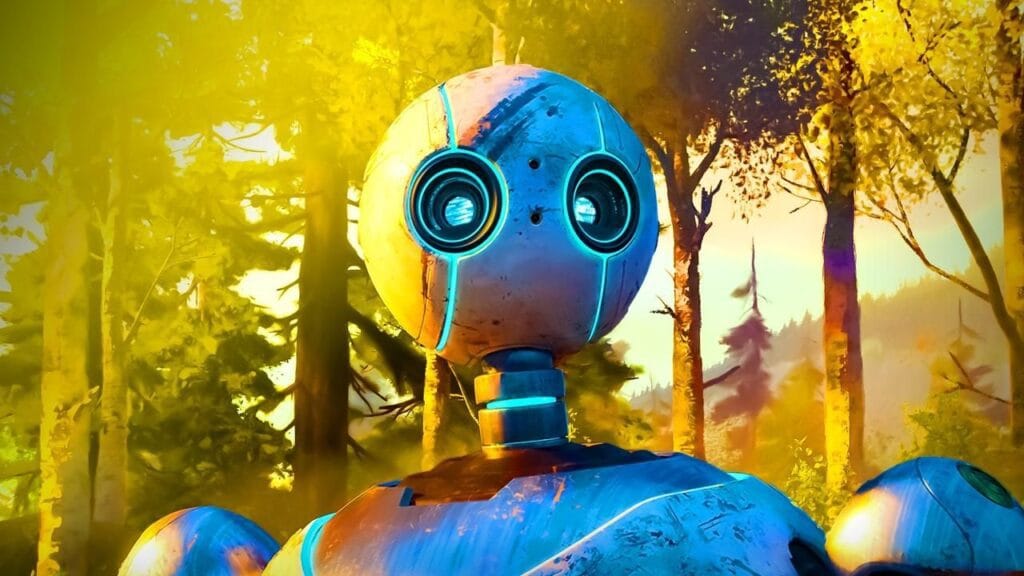
4.Value of Unspoken Knowledge: Inferred information and ancestral insight — what we realize through training and narrating — are pretty much as significant as formal instruction.
Conclusion
The Wild Robot is something other than a youngsters’ story — it’s a philosophical investigation of life, change, and control. Through Roz’s excursion, perusers are helped to remember the force of variation, the significance of local area, and the worth of judicious insight went down through experience.
The account difficulties conventional thoughts of insight and endurance, proposing that information isn’t generally unequivocal however frequently rises up out of communications and lived encounters.
Whether saw as an undertaking story or an illustration for human development, The Wild Robot urges perusers to ponder their own lives, connections, and versatility even with change. It shows that endurance and congruity depend on what we know as well as on how we learn, share, and interface with our general surroundings.